Overweight Americans carry more than extra weight—they carry crushing shame that people in other countries don’t.

In the U.S., obesity isn’t just seen as a health issue—it’s treated like a personal failure. While many countries approach body size with more neutrality or even cultural acceptance, Americans face relentless judgment tied to unrealistic beauty standards, diet culture, and toxic media messaging. The stigma is woven into daily life, making every glance, comment, and social interaction feel like a silent critique.
It’s not just about how much someone weighs; it’s about the heavy burden of shame that comes with it. Here’s how it shows up in ways most people don’t even realize.
1. Health care visits feel like judgment sessions, not checkups.

In the U.S., doctor’s appointments can be anxiety-inducing for obese people—not because of health concerns, but because they expect to be shamed, according to NCOA. Instead of focusing on specific symptoms, doctors often zero in on weight, even when it’s unrelated to the issue at hand. The assumption? That every problem must be tied to obesity.
This creates a cycle where people avoid seeking medical care altogether, fearing judgment more than illness. In contrast, some countries focus on treating the condition without making weight the main topic unless it’s directly relevant. The difference in approach can make or break a person’s willingness to seek help.
2. Clothing shopping feels like an exercise in humiliation.
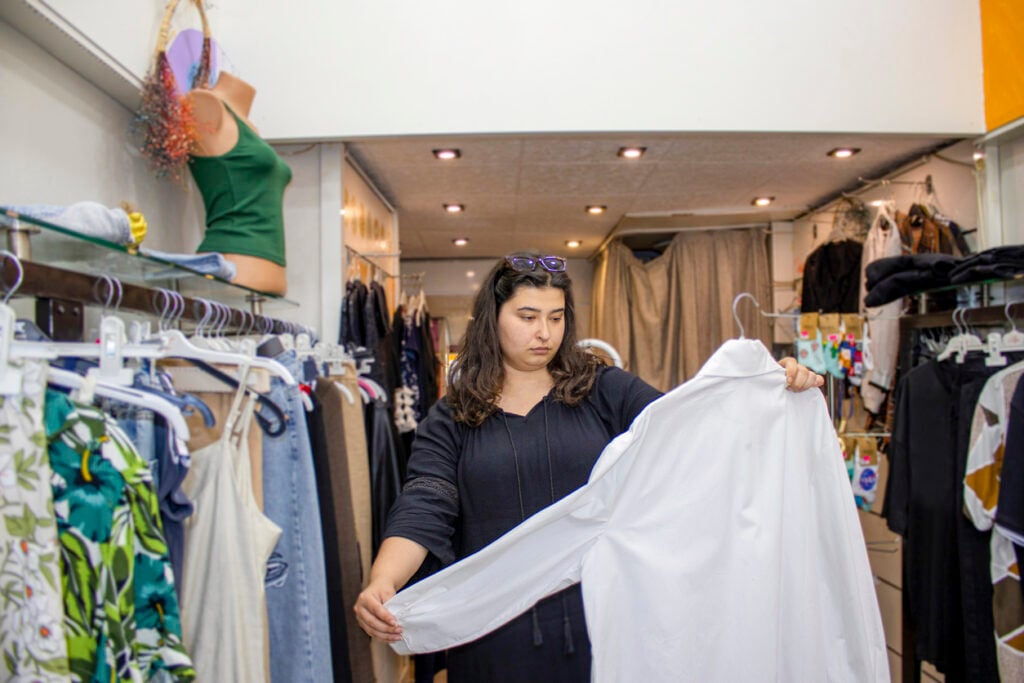
Walking into a clothing store in America can feel like stepping into a minefield for overweight individuals. Limited sizing, judgmental stares, and trendy shops that pretend plus-size people don’t exist all contribute to a sense of exclusion, according to APA. Even when larger sizes are available, they’re often hidden in a corner or offered in styles that scream, “We didn’t really try.”
In many other countries, there’s a growing movement toward inclusive fashion, with brands proudly featuring diverse body types. It’s not perfect, but it’s a start. In the U.S., the message often feels clear: “If you don’t fit the mold, you don’t belong.”
3. Airplane seats turn travel into a public spectacle of shame.
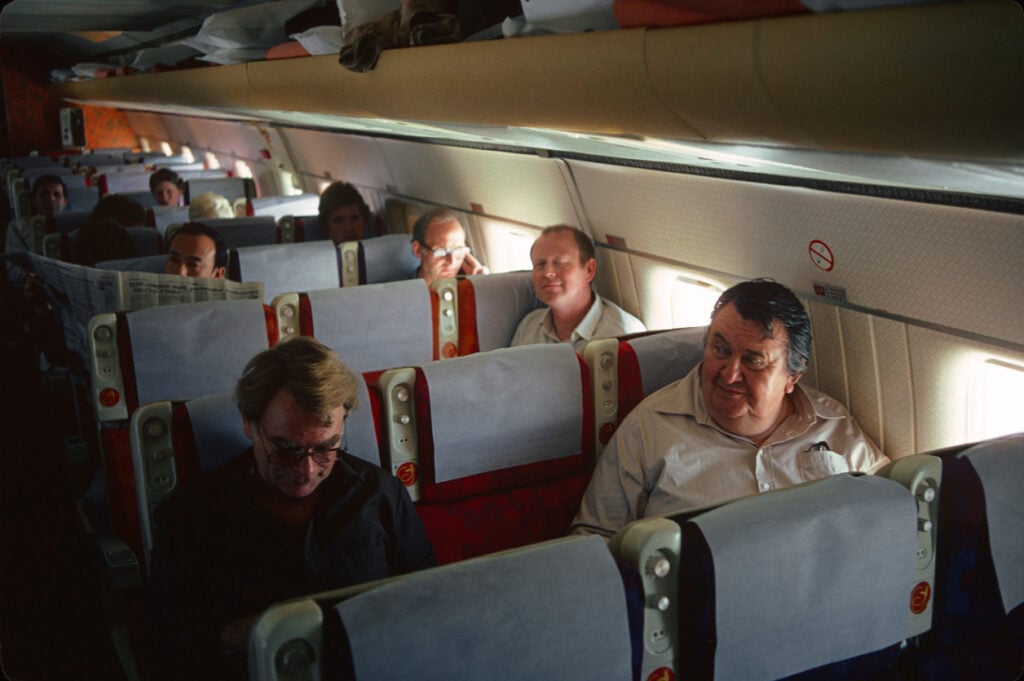
Flying is stressful enough, but for obese Americans, it’s a nightmare. Tiny seats, narrow aisles, and the dreaded armrest struggle turn what should be an exciting journey into an embarrassing ordeal. Add in the passive-aggressive sighs or overt comments from seatmates, and it’s no wonder many avoid air travel altogether, according to Obesity Action.
While planes are cramped worldwide, cultural attitudes differ. In some countries, there’s less open hostility toward larger passengers, and accommodations are made with more discretion. In the U.S., it often feels like people think obesity is a personal offense rather than just a body in a seat.
4. Diet culture is an inescapable part of everyday life.
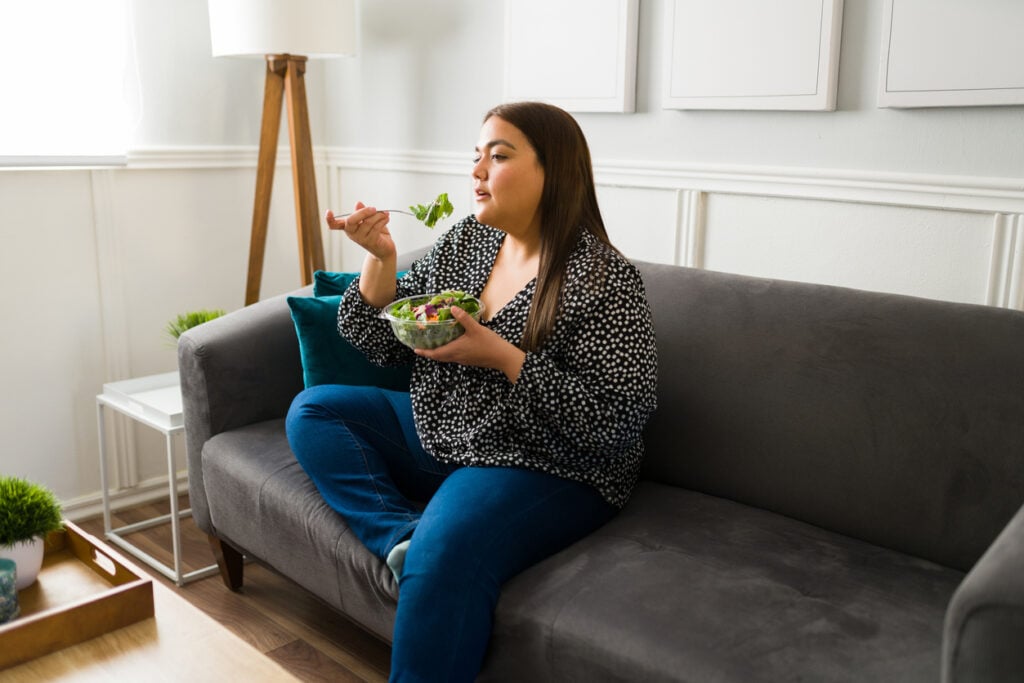
America’s obsession with diet culture is relentless. Ads for weight-loss programs, “miracle” supplements, and fitness trends bombard people daily, reinforcing the idea that thinness equals worth. This constant pressure makes obese individuals feel like they’re failing at life, not just at health.
In contrast, many countries focus on food as part of cultural tradition rather than a battleground for self-worth. While body ideals exist everywhere, the American diet industry profits off shame, creating a toxic cycle of guilt and unrealistic expectations that’s hard to escape.
5. Social media turns body shaming into a sport.

Social media in the U.S. can be brutal. Comment sections are filled with unsolicited opinions about people’s bodies, especially if they’re obese. Influencers face constant scrutiny, with strangers feeling entitled to critique their appearance under the guise of “concern.”
While online cruelty exists globally, some cultures promote body positivity movements more actively, pushing back against harmful narratives. In the U.S., even positive posts are often met with backhanded compliments or diet advice no one asked for. The internet becomes another arena where shame thrives unchecked.
6. Family gatherings come with side dishes of passive-aggressive comments.

In American families, discussions about weight often disguise themselves as “caring.” Comments like, “Are you sure you want seconds?” or “Have you tried cutting carbs?” are common, especially during holidays. It’s framed as concern, but it stings like judgment.
In some cultures, food is celebrated without attaching moral value to it. Meals are about connection, not calorie counting. While family dynamics are complex everywhere, American culture often ties self-worth to body size, turning what should be joyful occasions into uncomfortable battlegrounds.
7. Fitness spaces feel exclusive, not inclusive.
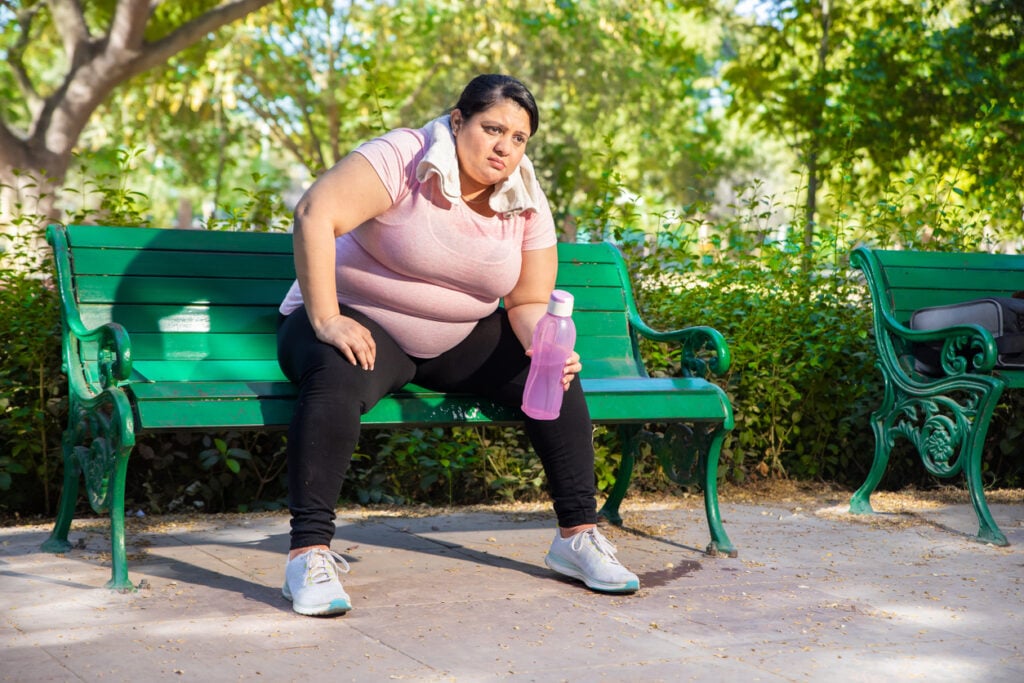
Walking into a gym can be intimidating for anyone, but obese Americans often feel like they don’t belong. Gyms market themselves with images of already-fit people, reinforcing the idea that exercise is only for those who’ve “earned” their spot. Judgmental stares or unsolicited advice from strangers don’t help.
In other countries, there’s more focus on movement for health and enjoyment rather than purely aesthetics. While gym culture isn’t perfect anywhere, the American obsession with the “fit body” image adds an extra layer of shame, making it harder for people to feel welcome.
8. Media representation reinforces harmful stereotypes.
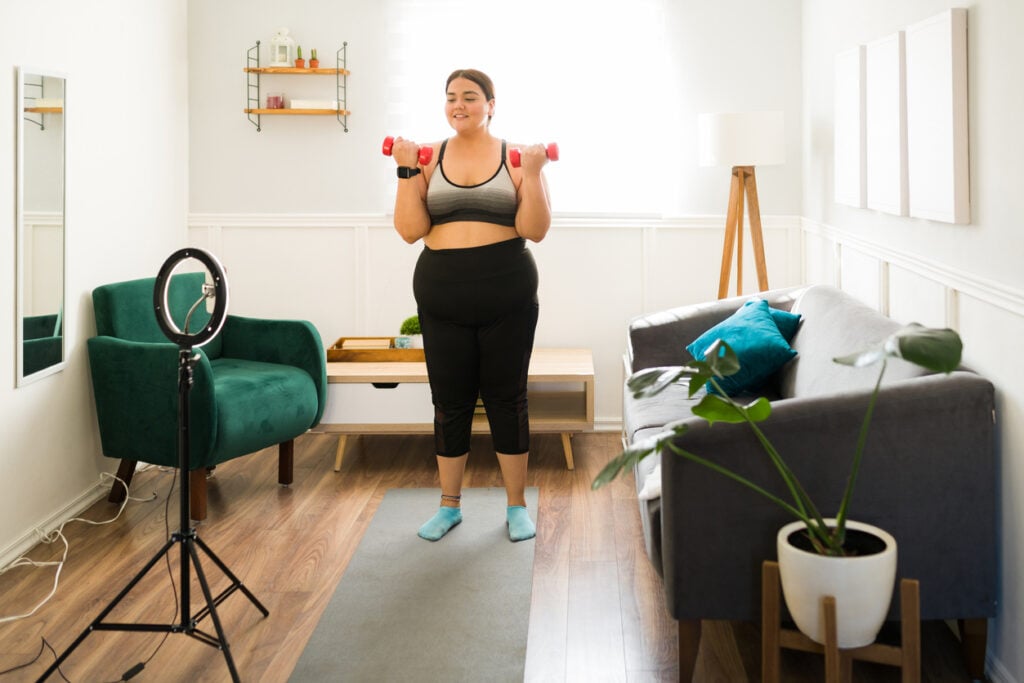
American TV shows and movies often portray obese characters as the punchline—the lazy friend, the sad loner, or the “before” photo in weight-loss stories. This narrow portrayal reinforces stereotypes that seep into everyday interactions, shaping how people view obesity.
Globally, representation is slowly improving. Some cultures highlight diverse body types without making weight the focal point of a character’s identity. In the U.S., though, media still struggles to show obese people living full, complex lives without their weight being the defining feature.
9. Medical forms reduce people to numbers.

In the U.S., medical forms often ask for weight and BMI before you even see a doctor. While this seems routine, it reinforces the idea that your health—and by extension, your value—is tied to a number on a scale. Obese patients frequently report feeling dismissed, as if their weight is the only health factor that matters.
Other healthcare systems take a more holistic approach, focusing on overall well-being rather than reducing health to a single metric. In America, this data-driven obsession adds to the shame, making people feel like they’re defined by statistics, not as individuals with unique health needs.
10. Public spaces aren’t designed with larger bodies in mind.
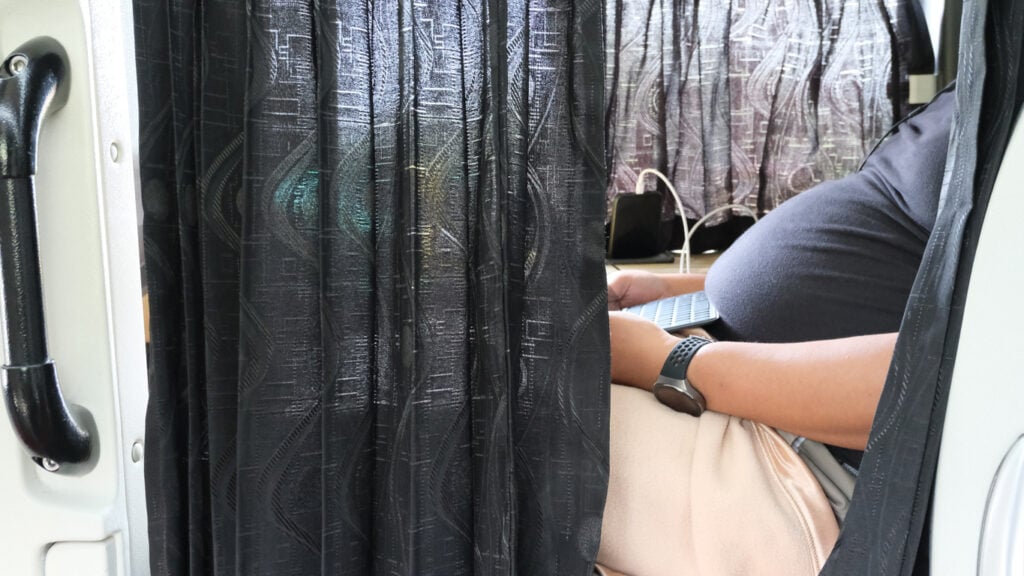
Chairs with armrests that dig into your sides, narrow turnstiles, small bathroom stalls—American public spaces often send the message that larger bodies don’t belong. This lack of consideration creates constant reminders that the world isn’t built for everyone, reinforcing feelings of exclusion.
While space limitations exist everywhere, some countries design with inclusivity in mind, offering flexible seating options or accessible environments. In the U.S., the focus on maximizing space for profit often comes at the cost of comfort and dignity for people who don’t fit the “standard” mold.
11. Workplace bias adds another layer of stress.

Obese Americans face subtle—and not-so-subtle—discrimination in the workplace. Studies show they’re less likely to be hired, promoted, or taken seriously, regardless of qualifications. This bias isn’t just about appearance; it’s rooted in stereotypes about laziness and competence.
While weight bias exists globally, American work culture often ties success to a polished, “ideal” image. Professionalism is unfairly linked to physical appearance, creating an environment where obese individuals feel they have to work twice as hard to prove their worth beyond the number on a scale.
